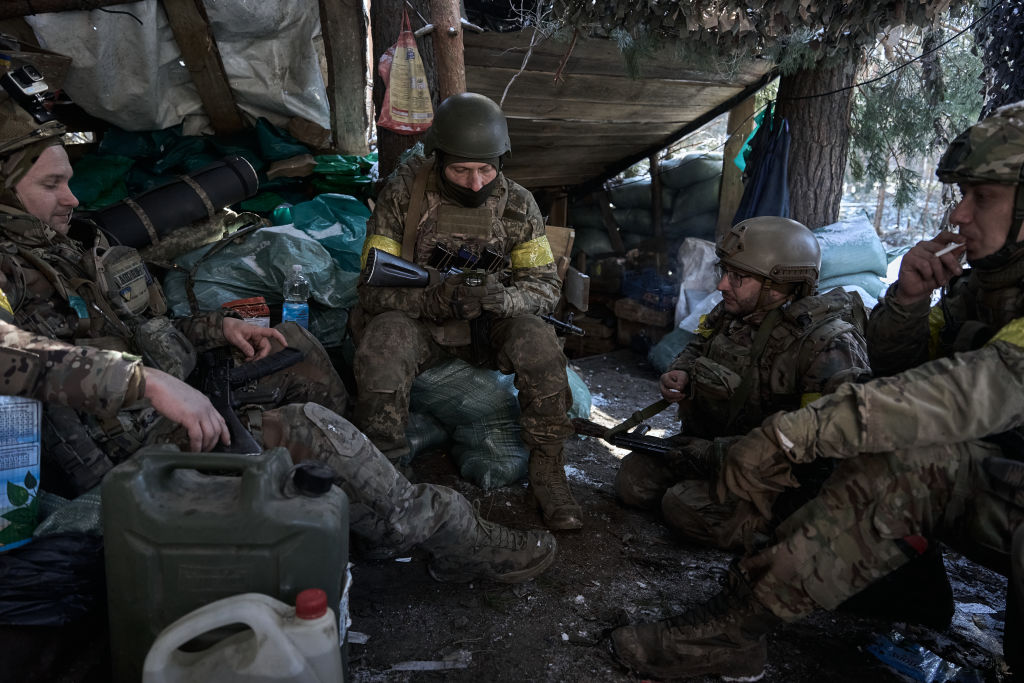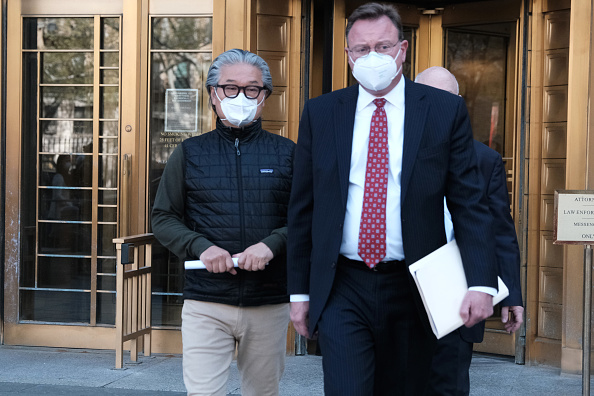In 1902 Hanoi was in danger of being overrun by rats. Fearing the rats might be plague carriers, the government devised a plan: they would pay its people to kill the rats. Anyone who brought in a severed rat’s tail received one cent. The outcome? Rat numbers skyrocketed. To catch more rats, trappers would release them back into the sewer to procreate.
The so-called “Great Hanoi Rat Massacre” serves as an example of a perverse incentive, which is an incentive that operates against the goals of its creators and has harmful consequences. When the state tries to influence its citizens’ behaviour, perverse incentives commonly occur. Unfortunately, many governments, including the British government, have adopted this as their default stance. Consider Labour’s latest attempt to address the UK’s chronic knife crime problem.
A cash reward is now available for anyone who turns in a zombie-style knife or machete to the police. Gang members and other criminals must, however, move quickly. It is only available for a short time, like any good sales pitch. The Home Office set August 26 as the opening date from which you can turn in the knives to the police, ending September 23 at midnight — and be paid, as long as you have a receipt. During this time, the individual will be entitled to the weapon’s full retail value.
Don’t worry if you lose the receipt. You will still be compensated for doing your civic duty. If you turn in three or more knives, you will still be eligible for a £10 (€11.80) payment per weapon for failing to show proof of purchase.
The United Kingdom has a serious and long-standing knife problem. According to data, the number of knife-related deaths in England and Wales in 2021–22 was the highest on record for 76 years. Since 2010, the number of offences involving knives has increased by 34 per cent.
While the West Midlands is currently the region with the highest per capita rate of knife crimes, London has had a serious problem with knives for decades. Almost 30 per cent of the 50,000 knife-related offences in England and Wales last year occurred in the capital. According to data, the Metropolitan Police recorded 14,577 knife offences last year, a 22 per cent increase over the previous year.
The case of Daniel Anjorin is illustrative. The 14-year-old schoolboy was fatally stabbed in a quiet suburban neighbourhood of northeast London at the end of April this year. He was attacked by a man with a machete. Knife crime in Redbridge, the borough where Anjorin was killed, increased by 22 per cent last year, reaching its highest level since 2018.
The cash giveaway/amnesty ends in September which is when the ban will be implemented. Starting September 24th, 2024 anyone caught in possession will face up to two years in prison and/or an unlimited fine. Britain might not be in this predicament had the previous Conservative government acted more quickly. For many years, there have been proposals to restrict the sale of these knives. The ban on zombie knives has been overdue.
These knives have a long, flamboyant blade and were added to the Offensive Weapons Act of 2019. According to the law, knives with writing or images deemed “threatening” on the blade or handle would be banned. Manufacturers were in compliance as long as they removed the images. Ever since the then-Home Secretary, Theresa May, in 2016, a series of Conservative home secretaries have promised to strengthen the law to close this loophole. Finally, an amendment to the Criminal Justice Act 1988 was required to enact laws that forbade the sale of zombie knives. The law will go into effect on September 24th.
It is easy to understand why Labour would take this approach for compensation. A compensation scheme sounds like the kind of warm fuzzy ‘vibes’-based policy of a left-leaning government. If we simply give these people the opportunity to surrender their weapons, we will be able to eliminate knife crime.
Does anyone see a problem here? Can you really expect someone who carries a lethal weapon on the streets to suddenly change their behaviour and become a law abiding citizen after a police officer hands them a few £10 notes? Robbery with a knife has increased 13 per cent in the last twelve months, what is the easier option for a cash-strapped criminal? What is stopping a gang from banding together to plan a mass scam in which fifty people target random police stations with brand new £150 knives? It is a decent profit. Call me cynical, but I believe a criminal may engage in criminal behaviour.
However, the ban is just as short-sighted as the compensation scheme. To be blunt, little can stop a person from taking someone’s life. Of the 590 murders that occurred last year, 41 per cent involved the use of a knife or other sharp-bladed instrument. Some have involved the use of a screwdriver. Will we start a charity drive for screwdrivers? Boycott D.I.Y. stores or pay builders to turn in their tools? No, it is just a fact of life that almost anything can be used as a weapon.
Instead of trying to ban or buy knives, a far more successful option would be to increase the use of the police power to stop and search suspects. However, Sadiq Khan, the London Labour mayor, has expressed his opposition to this particular operational tactic, citing allegations of “institutional racism’” and racial profiling. As a result, the practice has decreased significantly during his mayoralty and by 44 per cent over the last two years.
Scotland found a solution. In the early 2000s, the country was gripped by extreme violence and gang warfare. To address this, Strathclyde police established the Violence Reduction Unit (VRU), an ambitious large-scale campaign to combat violent behaviour. It proved to be successful, with a 38 per cent decrease in murder, and serious assault down 43 per cent, since 2006–2007. This was accomplished by tripling the sentence for carrying a knife and expanding the scope of stop and search. It was used four times more in 2010 than in England.
However, it was not simply a matter of increasing police powers. Another, more radical tactic was used. Gang members were invited to police stations, where they were informed that they were all under surveillance and facing lengthy prison sentences. They were also told about how their acts of violence affected those they left behind. Mothers spoke openly with gang members about losing their sons. Following that, they were offered assistance, education, housing, and employment so they could leave the gang world behind. It was bold and ambitious, unlike the Labour government.
We need a completely new approach to criminal justice, not just a token gesture. Sir Keir Starmer has no problem acting tough when it comes to supporting the policy of imprisoning people for writing offensive words online. Why can’t he channel that censorious authoritarian energy into something that actually causes violence?





Zelensky drags America into war, or Zelensky loses